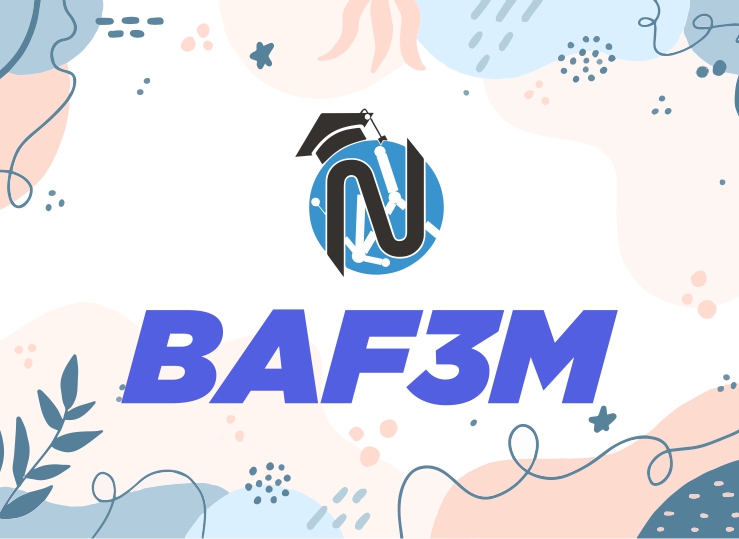
Financial Accounting Fundamentals (BAF3M)
Course Description
This course introduces students to the fundamental principles and procedures of accounting. Students will develop financial analysis and decision-making skills that will assist them in future studies and/or career opportunities in business. Students will acquire an understanding of accounting for a service and a merchandising business, computerized accounting, financial analysis, and ethics and current issues in accounting.
For Ministry Guideline Click Here
| Units | Descriptions | Length (Approximately) |
|---|---|---|
| UNIT 1 | Fundamental Accounting Principles By the end of this course, students will: Describe the discipline of accounting and its importance for business; Describe the differences among the various forms of business organization; Demonstrate an understanding of the basic procedures and principles of the accounting cycle for a service business. |
25 hours |
| UNIT 2 | Advanced Accounting Practices By the end of this course, students will: Demonstrate an understanding of the procedures and principles of the accounting cycle for a merchandising business; Demonstrate an understanding of the accounting practices for sales tax; Apply accounting practices in a computerized environment. |
25 hours |
| UNIT 3 | Internal Control, Financial Analysis, and Decision Making By the end of this course, students will: Demonstrate an understanding of internal control procedures in the financial management of a business; Evaluate the financial status of a business by analyzing performance measures and financial statements; Explain how accounting information is used in decision making. |
25 hours |
| UNIT 4 | Ethics, Impact of Technology, mand Careers By the end of this course, students will: Assess the role of ethics in, and the impact of current issues on, the practice of accounting; Assess the impact of technology on the accounting functions in business; Describe professional accounting designations and career opportunities. |
25 hours |
| The final assessment task is divided into two parts. 1. Culminating Task (2 Hrs) 2. Exam Review (4 Hrs) 3. Practice Exam (2 Hrs) 4. Final Exam (2 Hrs) |
10 hours | |
| Total | 110 hours | |
Overall Curriculum Expectations
By the end of this course, students will:
- describe the discipline of accounting and its importance for business;
- describe the differences among the various forms of business organization;
- Demonstrate an understanding of the basic procedures and principles of the accounting cycle for a service business.
By the end of this course, students will:
- demonstrate an understanding of the procedures and principles of the accounting cycle for a merchandising business;
- demonstrate an understanding of the accounting practices for sales tax;
- Apply accounting practices in a computerized environment.
By the end of this course, students will:
- demonstrate an understanding of internal control procedures in the financial management of a business;
- evaluate the financial status of a business by analyzing performance measures and financial statements;
- Explain how accounting information is used in decision making.
By the end of this course, students will:
- assess the role of ethics in, and the impact of current issues on, the practice of accounting;
- assess the impact of technology on the accounting functions in business;
- Describe professional accounting designations and career opportunities.
Assessment & Evaluation of student performance
Formative assessments are learning practices that provide important feedback to student progress. Examples include homework and quizzes.
Summative assessments form a foundation for final mark allotment at the end of the unit, term and final evaluation.
An achievement chart will be given to students at regular intervals and the purpose of the charts is to provide feedback to students in relation to content and performance strands.
| Knowledge and understanding | Communication | Thinking Inquiry and Problem solving | Application |
|---|---|---|---|
| 25% | 25% | 25% | 25% |
Unit Tests, Written assignments, presentations, Classroom Observations and Classroom conversations.










